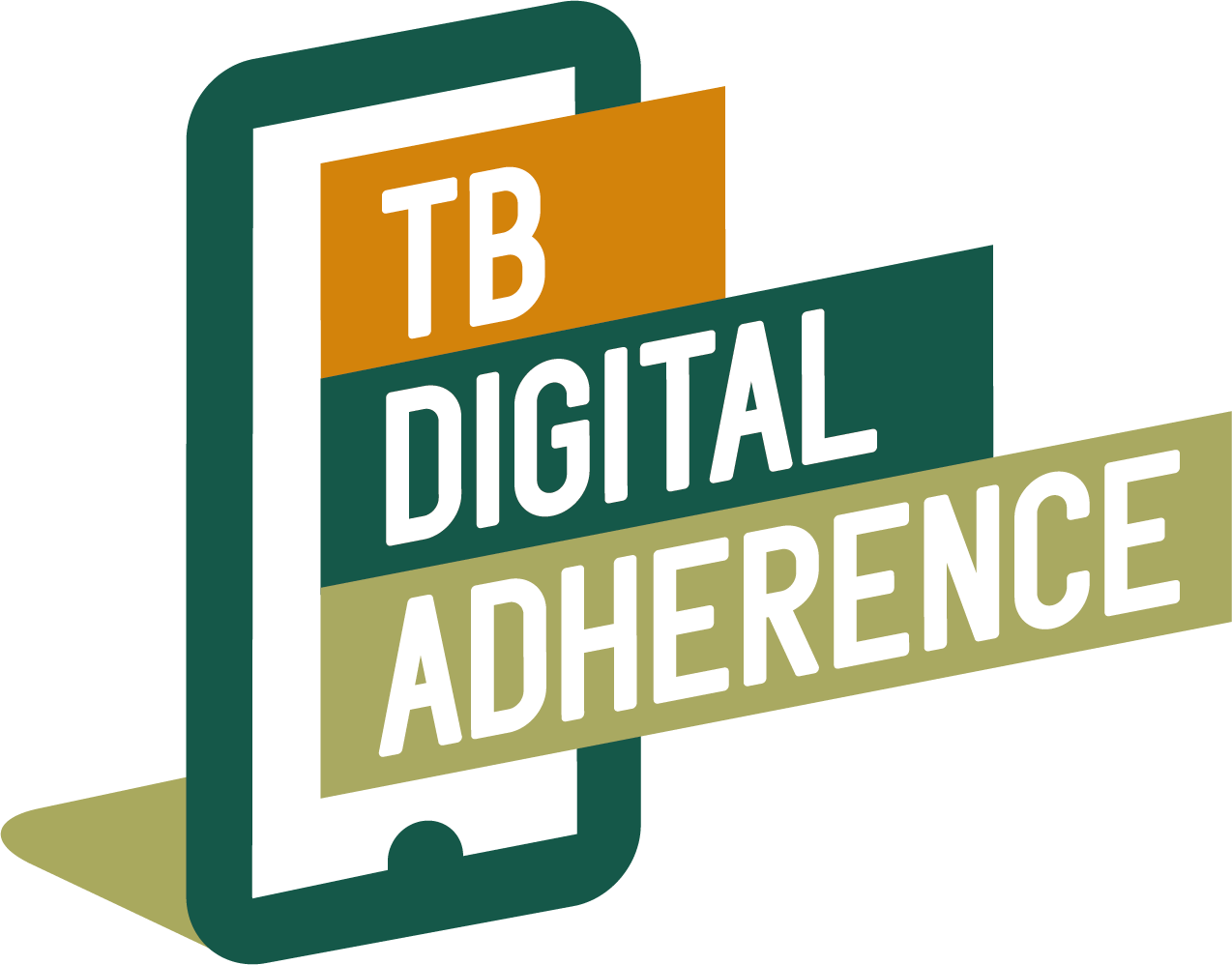Ryan R. Thompson, MSPH, Alex Kityamuwesi, MBChB, Alice Kuan, MHS, Denis Oyuku, PGDME, Austin Tucker, MHS, Olivia Ferguson, MSc, Lynn Kunihira Tinka, BA, Rebecca Crowder, MPH, Stavia Turyahabwe, MPH, Adithya Cattamanchi, MD, David W. Dowdy, MD, Achilles Katamba, PhD, Hojoon Sohn, PhD
Abstract
Objective: Digital adherence technologies like 99DOTS are increasingly considered as an alternative to directly observed therapy for tuberculosis (TB) treatment supervision. We evaluated the cost and cost-effectiveness of 99DOTS in a high-TB burden setting.
Methods: We assessed the costs of implementing 99DOTS in Uganda through a pragmatic, stepped-wedge randomized trial. We measured costs from the health system perspective at 5 of 18 study facilities. Self reported service activity time data were used to assess activity-based service costs; other costs were captured from budgets and key informant discussions using standardized forms. We estimated costs and effectiveness considering the 8-month study period (“trial specific”) and using a 5-year time horizon (“extended activities”), the latter including a “marginal clinic” expansion scenario that ignored above-site implementation costs. Cost-effectiveness was assessed as cost per patient successfully completing treatment, using Monte Carlo simulation, cost-effectiveness acceptability curves, and sensitivity analyses to evaluate uncertainty and robustness of results.
Results: The total cost of implementing 99DOTS in the “trial-specific” scenario was $99 554 across 18 clinics (range $3771-$6238 per clinic). The cost per treatment success in the “trial-specific” scenario was $355 (range $229-$394), falling to $59 (range $50-$70) assuming “extended activities,” and $49 (range $42-$57) in the “marginal clinic” scenario. The incremental cost-effectiveness of 99DOTS in the “extended-activity” scenario was $355 per incremental treatment success.
Conclusion: Costs and cost-effectiveness of 99DOTS were influenced by the degree to which infrastructure is scaled over time. If sustained and scaled up, 99DOTS can be a cost-effective option for TB treatment adherence support in high-TB burden settings like Uganda.
